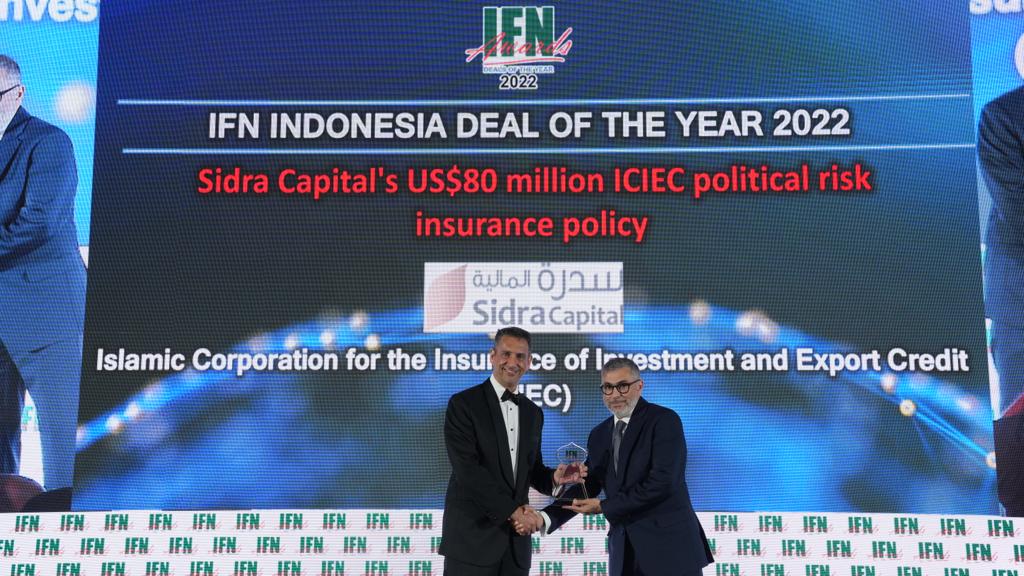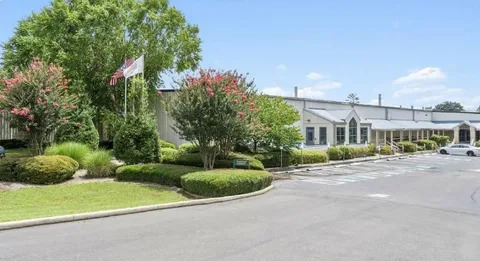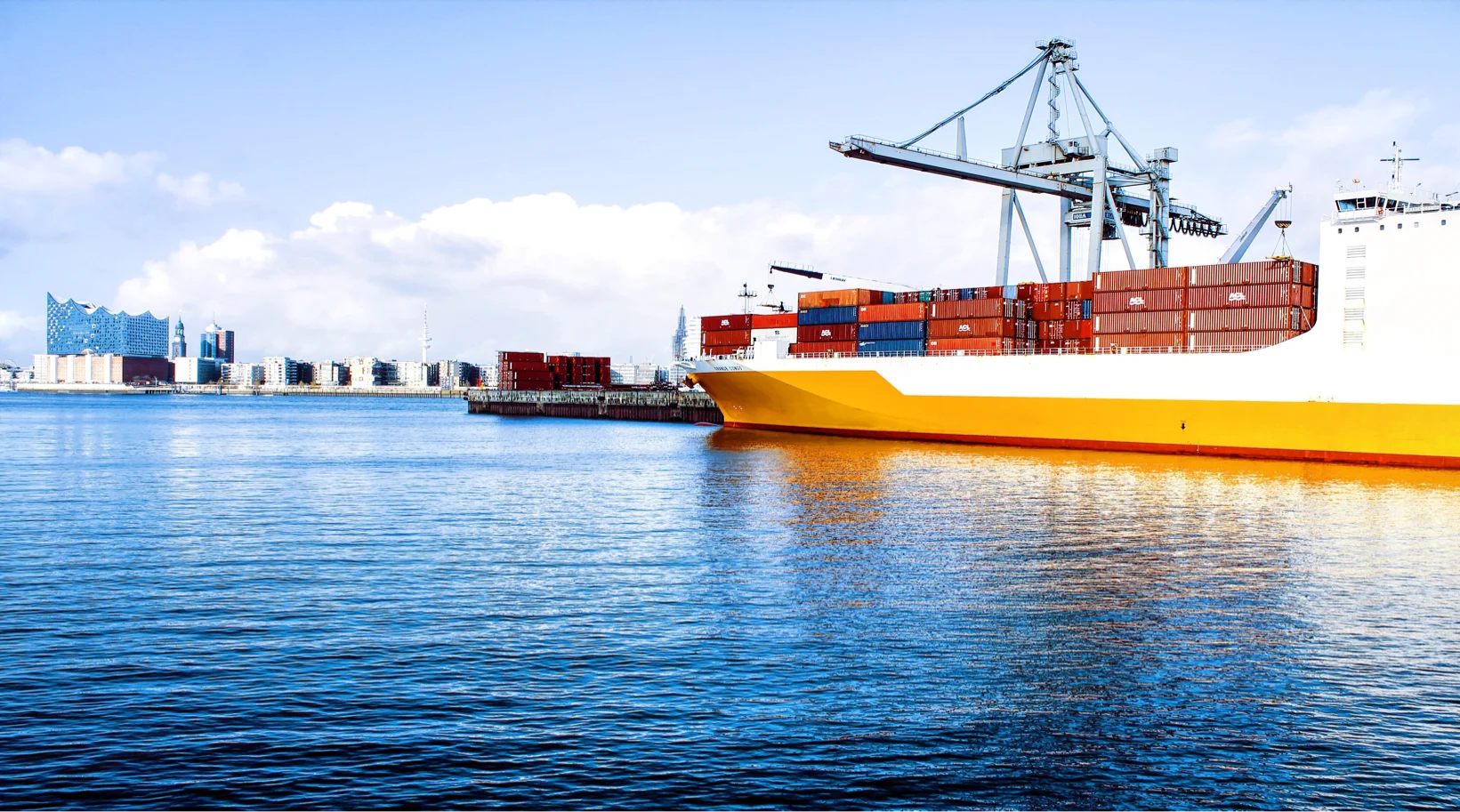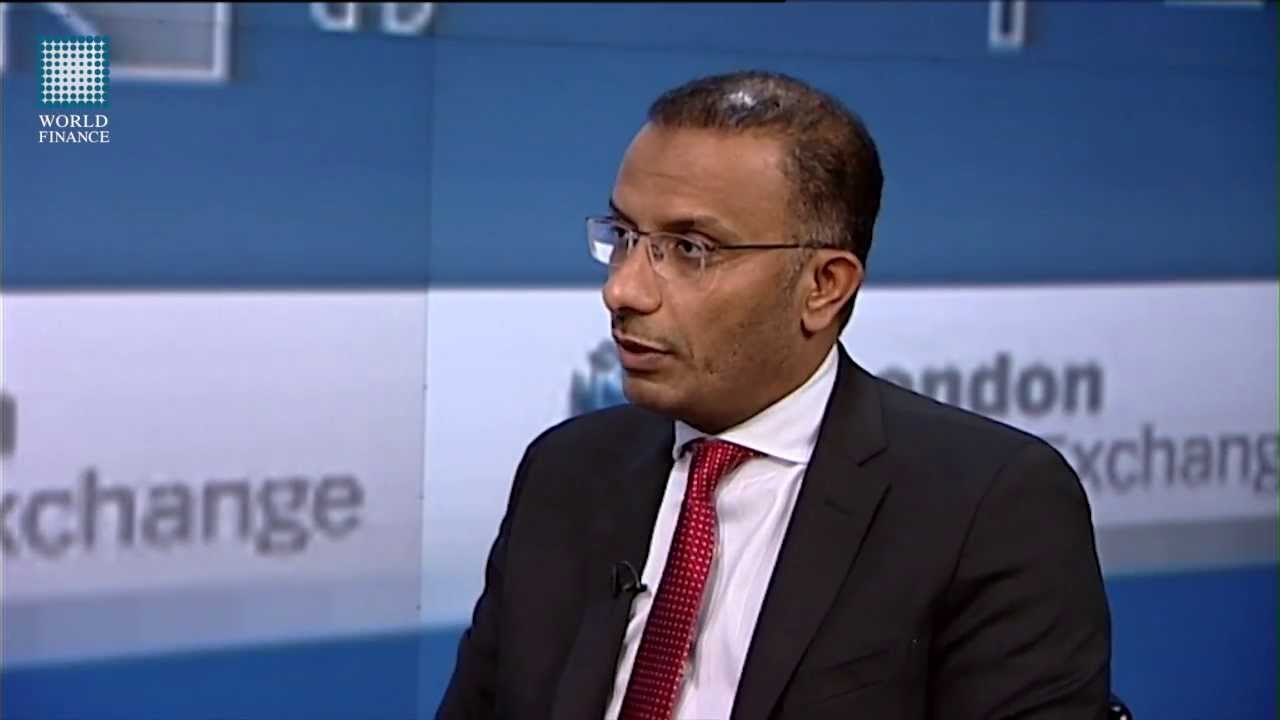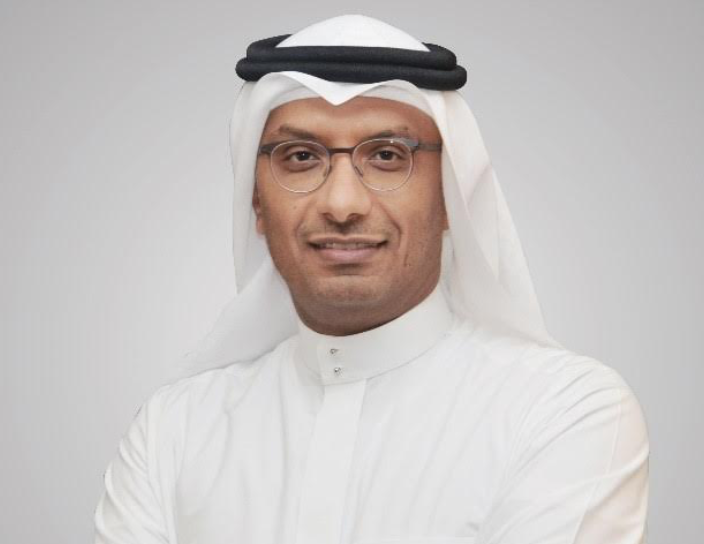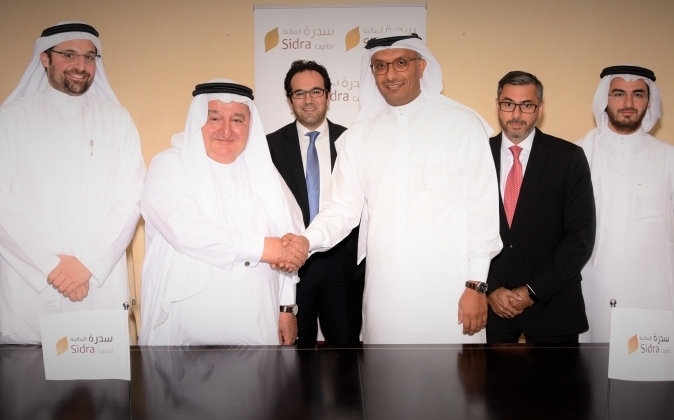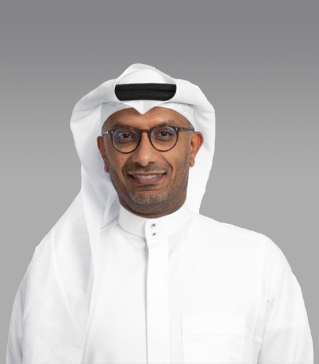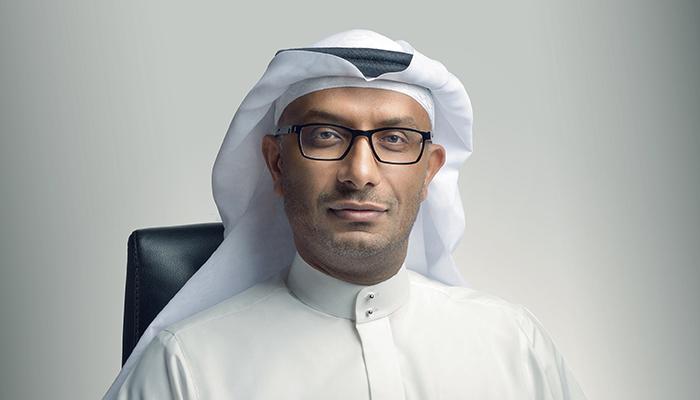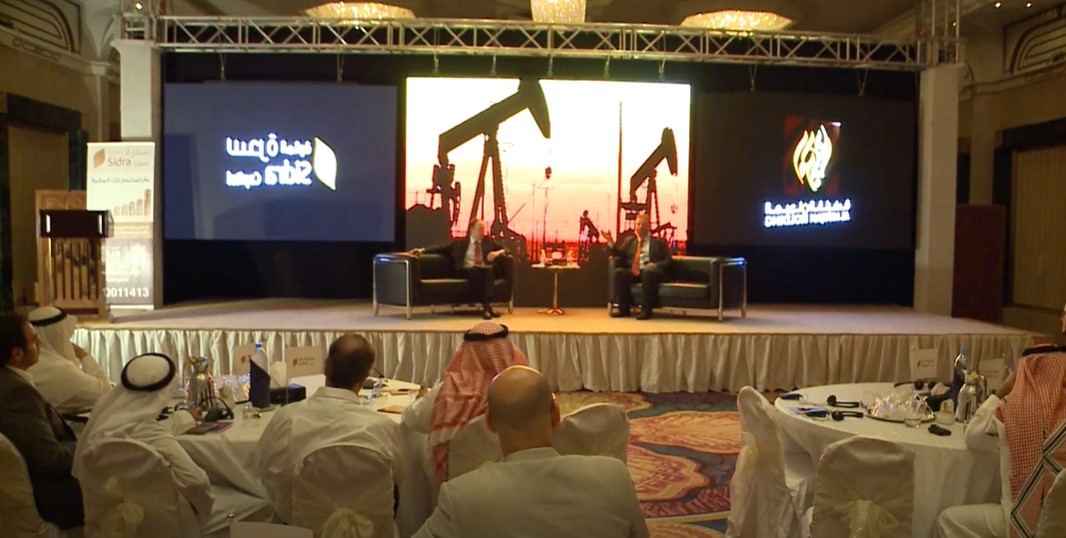
What Comes After The Oil Slump?
March 12, 2015
Falling oil prices will have an impact on capital investment cycles in MENA oil producing countries. How well will MENA/OPEC producers cope with lower oil receipts?
Discussing the oil price volatility, its meaning and impact was oil expert and CEO of Petroleum Policy Intelligence, Bill Farren-Price at an oil expert panel in Riyadh organized by Sidra Capital a Saudi, Shari’ah compliant financial services company.
“After years of relative stability, oil prices have entered a new more volatile phase where there is a considerable premium on understanding the underlying policy intentions of the major producers and consumer countries,” said Mr. Farren-Price. “Oil has always been a critical element in understanding the prospects for the global economy and Saudi Arabia’s role is as important as ever.”
OPEC’s decision to no longer balance the market by cutting oil production, accelerated the decline in oil prices and is testing the economics of some US shale oil production, and non-OPEC oil elsewhere.
“OPEC has over the years adjusted its oil production higher to meet shortfalls caused for example by the Iraq war, and reduced the supply when there were oversupply and/or weak demand in order to stabilize oil prices, “said Hani Baothman, CEO of Sidra Capital. “US shale oil has risen from less than one million barrel per day in 2010 to 3.5 million barrel per day in late 2014. The challenge for MENA producers recently was to play the role of a swing producer by reducing the output when supply grows elsewhere in order to maintain prices. This seem to have shifted in 2014.”
Falling oil prices will also have an impact on capital investment cycles in MENA producing countries. While GCC producers most likely will weather these pressures, project deferral and delays in Iraq, Iran, Algeria and Libya – as well as the minor MENA producers are expected.
Richard Banks, founder of RMBanks & Co, a specialist investment event company and moderator at the panel, said: “The level and direction of oil prices are mission critical for the Kingdom of Saudi Arabia. We know Sidra Capital understand this and we are delighted to be their partner on this important event.”
Hani Baothman, added: “Sidra Capital has strong strategic international relationship which allows us to provide the highest level of expertise and market insight to our investors in Saudi Arabia and the GCC. We realized that many of our investors were concerned about the recent developments, hence, we are pleased that we could host Bill Farren-Price one of the leading oil experts, to discuss their concerns in depth.”
Sidra Capital was licensed by the Saudi Capital Market Authority in 2009 and has a strong track record in creating innovative and award-winning products. Sidra Capital’s Ancile Global Structured Trade Finance Fund, for example, was the first of its kind in the Kingdom of Saudi Arabia and was honoured as ‘The Best Structured Islamic Trade Finance’ by Triple AAA Islamic Finance Awards in 2013. In 2015 Sidra Capital was awarded IFN ‘The Most Innovative Deal of the Year’ for one of its transactions.



